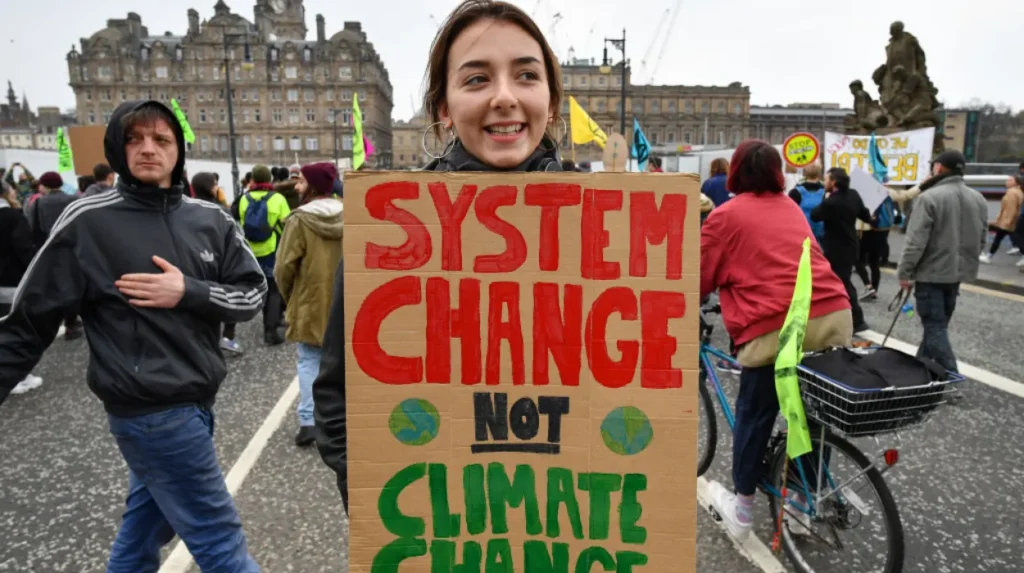The European Environmental Bureau (EEB), one of the most prominent environmental NGOs in the European Union, has come under intense scrutiny for its role in the EU Green Deal lobbying scandal. Investigations have uncovered that the EEB received substantial EU subsidies conditioned on explicit requirements to lobby for specific Green Deal policies. This revelation raises serious concerns about the independence of these organizations and the overall integrity of EU policymaking.
Conditional EU Subsidies and Lobbying Mandates
The EEB, along with allied NGOs such as CAN Europe and Friends of the Earth Europe, was reportedly awarded millions of euros through the EU’s LIFE funding program. However, unlike typical grants aimed at supporting grassroots environmental projects, these funds came with detailed conditions obligating the NGOs to actively lobby Members of the European Parliament (MEPs). These contracts required the NGOs to achieve predetermined lobbying objectives, including influencing parliamentary debates and votes on Green Deal legislation.
The European Parliament’s written inquiries in early 2025 explicitly questioned the Commission regarding these arrangements. Commissioner Piotr Serafin acknowledged that it was “inappropriate” for the Commission to enter into agreements obliging NGOs to lobby Parliament, admitting that such practices compromised the Commission’s impartiality. Yet, documents revealed that substantial sums were still disbursed under such conditions, turning NGOs arguably into paid lobbyists rather than independent civil society actors.
Compromising Independence and Democratic Integrity
These revelations have undermined the public narrative of these NGOs as independent watchdogs advocating for the public interest. Instead, the EEB and its allies appear as extensions of Commission lobbying machinery, receiving taxpayer money in exchange for political advocacy directed by EU officials. This arrangement threatens democratic integrity by financially incentivizing advocacy groups to prioritize Commission agendas over independent analysis and civil society representation.
Furthermore, this “shadow lobbying” creates an uneven playing field where NGOs closely aligned with the Commission’s policies receive preferential funding and influence, sidelining other voices and perspectives in the EU policy debate. Such practices risk delegitimizing the EU’s Green Deal initiatives by exposing them to accusations of manipulation and lack of transparency.
Calls for Transparency and Reform
In response to the scandal, Members of the European Parliament have called for full disclosure of all EU subsidies awarded to environmental NGOs, detailed reporting on the lobbying objectives assigned, and investigation into possible violations of EU funding rules. There are increasing demands for reforms ensuring that public funds supporting NGOs are strictly unconditional and that lobbying activities remain transparent and ethically regulated.
The integrity of EU green policymaking depends on restoring trust in how civil society organizations operate and are funded. Ensuring the independence of environmental NGOs is critical not only for democratic governance but also for the credibility of climate policies in the public eye.
The European Environmental Bureau’s role as a paid lobbyist under the EU Green Deal funding scheme reveals a troubling blurred line between advocacy and institutional influence. By accepting conditional subsidies that obligated it to lobby in line with Commission priorities, the EEB and its counterparts compromised their independence, damaging public trust in both environmental NGOs and the EU’s policymaking process. This scandal calls for urgent transparency measures, accountability, and reform to uphold democratic principles and ensure that environmental advocacy genuinely serves the public interest rather than political agendas embedded in funding contracts.







